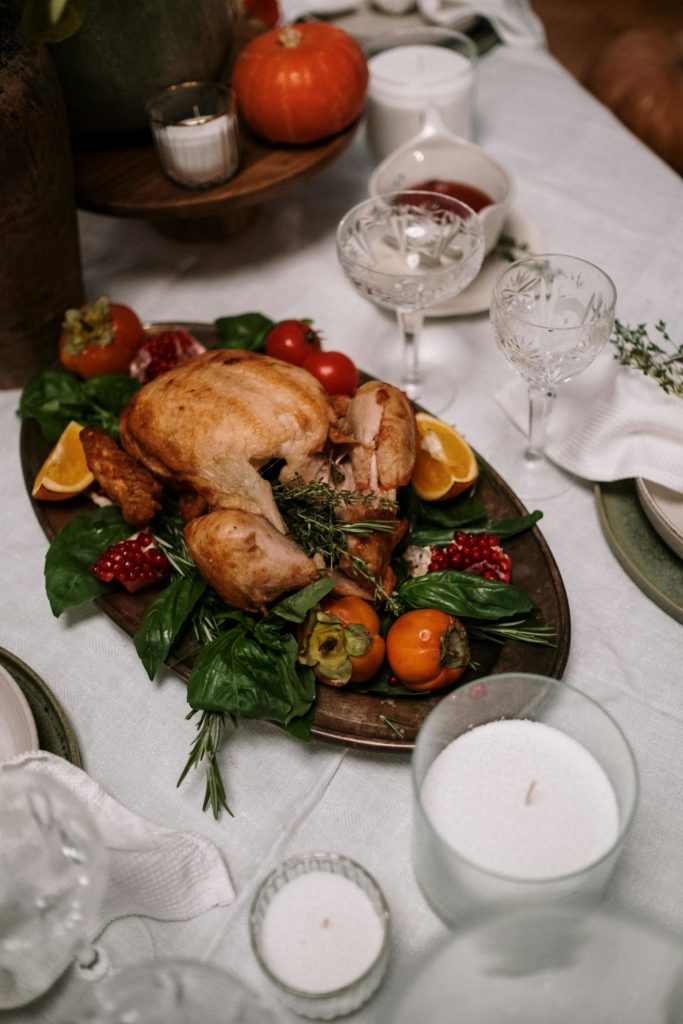
Certain foods have an impact on the quality of sleep. Some help us sleep better for longer duration. Others disturb a peaceful quality sleep. There is no doubt that food is the number one remedy we turn to or avoid to improve our sleep quality. As scientific evidence becomes more available, some of the sleep-food relationship notions we hold may be challenged or redefined. Here are some myths regarding food and sleep:
1. Turkey Is a Sedative
Are you one of the people who curl up on the couch after a Turkey dinner and blame it for skipping the post-meal clean-up? Yes, turkey does contain Tryptophan, a serotonin and melatonin-inducing chemical that regulates sleep. However, the amount of Tryptophan in a few slices of turkey is not enough to have a sleepiness impact. Compare 5 grams of Tryptophan in a supplement to only 410 milligrams of it in a couple of slices of turkey.
2. Warm Milk Can Make You Sleepy
Similar to turkey, warm milk contains Tryptophan, but not in the amounts sufficient to affect sleep quality. The initial relaxation felt after consuming warm milk may come more from the warm temperature of the milk or a full stomach.
3. Consuming a Heavy Meal Before Bed Promotes Better Sleep
The digestion process requires energy. Although you might feel drowsy for a bit after eating a large meal, consuming heavy and calorie-rich meals before bed diverts your body’s focus on digesting food, getting in the way of its ability to rest and relax.
4. Alcohol Aids in Falling Asleep
Alcohol gives you a sensation of drowsiness and relaxation immediately after consumption. However, it can disrupt your digestion and sleep patterns. Alcohol interferes with the normal sleep cycle. It suppresses Rapid Eye Movement (REM) Sleep which is essential for cognitive function, memory consolidation and overall sleep quality. Without enough REM sleep, you may wake up feeling groggy and unrested. Furthermore, alcohol acts as a diuretic, increasing urine production and potentially causing nighttime awakening to use the bathroom. The diuretic effect is true for some herbal teas as well. While hydration is important for overall health and can contribute to better sleep quality, drinking large amounts of herbal teas right before bed may not be ideal for everyone, especially if it leads to disruption in sleep due to frequent urination.
Myths surrounding food and sleep often originate in cultural beliefs or outdated advice. Understanding the nuances of how food and sleep interact can help validate the accuracy of these myths to promote healthier sleep habits.